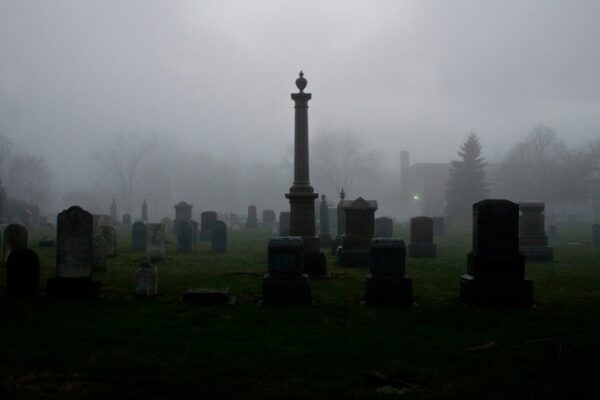What does the Bible say about how we should relate to our dead ancestors?
This is a major question in the field of missiology, specifically relative to world religions committed to the veneration and worship of the spirits of dead ancestors. This practice is not only a religious conviction but, in some cases, a matter of the people’s social and national identity. This religious practice was well known throughout the ancient Near East and had an impact on some Israelites. God did not ignore this phenomenon, but addressed it head-on.
FOUNDATION OF DEAD ANCESTORS RITUALS
There is one fundamental concept common to ancient and modern dead ancestor rituals—a dualistic view of human nature according to which humans are constituted by two elements, one of which survives after the death of the body. The spirit or soul that survives remains connected in some way to the members of the extended family in a beneficent or threatening way. The living members are responsible to provide for the needs of the spirit, thus showing respect and reverence for the dead. As a response, the dead ancestors are thought to protect and care for the family. According to this view, when the responsibility of caring for the spirits of the dead is not carried out, the spirits will be angered and in need of pacification. These spirits are also thought to have supernatural knowledge so the living can consult them to gain knowledge of the future.
RESPONSE OF THE BIBLE
God categorically forbids consulting “spirits” of the dead (Deut. 18:11, 12). The consultation usually required a medium who claimed to receive the message from the dead or who could be possessed by the spirit (1 Sam. 28:11-19; Lev. 19:31; 20:6, 27). This prohibition is based on the biblical understanding of human nature. Humans are an indivisible unity of body and life that ends when the person dies. The intellectual life of those who die perishes (Ps. 146:4); they are not productive (do no work), cannot make plans, and do not have knowledge or wisdom (Eccl. 9:10). Their memory is no longer active, and their capacity to gain knowledge and their emotional life vanish—they are unable to love, hate, or experience jealousy (verses 5, 6). Their religious life (verse 5; Ps. 30:9; 115:17), as well as their social life, comes to an end, for they are no longer involved at all in the world of the living (Eccl. 9:6). In other words, THEY ARE DEAD! Their only hope is the resurrection from the dead (Isa. 26:19; 1 Thess. 4:16, 17).
DEATH IS AN ENEMY
Death is the last enemy to be eternally defeated by Christ at His second coming (1 Cor. 15:26). In Old Testament rituals the enmity of death was expressed through the symbol of uncleanness. Ritual uncleanness separated people from God and society, making death the epitome of the unclean and the absence of the holy (cf. Lev. 5:2; 19:2; 21:1; Num. 6:9). To enter into contact with the dead was to engage in friendship with the enemy instead of with the living God. If some knowledge reaches humans that appears to be from the realm of death, it is because evil powers pretend to represent the dead. When the medium described to Saul what she saw, she said, “I see a spirit [’elohim, a god] coming up out of the ground” (1 Sam. 28:13, NCV; cf. Lev. 17:7).* Only the true God is in charge of the future, and He shares His knowledge, plans, and will with the living through His Word. There is no need or reason to consult the dead.
* Scriptures credited to NCV are quoted from The Holy Bible, New Century Version, copyright © 2005 by Thomas Nelson, Inc. Used by permission.



